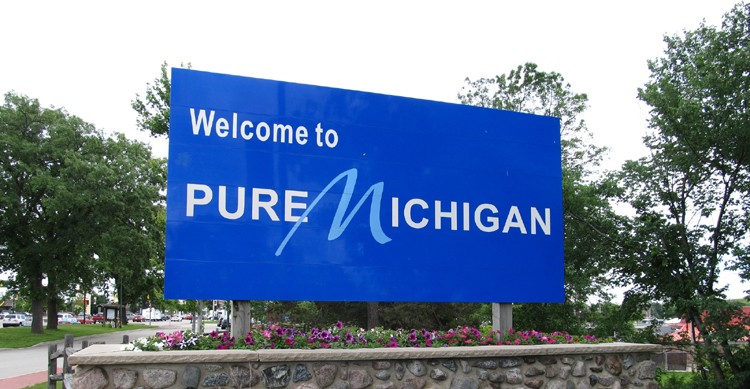The state of Michigan held a 90 minute informational hearing on May 4 to discuss the possibility of legalizing the online poker industry. Members from the Senate’s Regulatory Reform Committee discussed the Lawful Internet Gaming Act (SB 889), a bill which was introduced by Michigan Senator Mike Kowall on April 14.
Senator Kowall stated in his bill that the online poker industry would provide a much needed boost to Michigan’s struggling economy by creating 22,000 jobs and generating a significant amount of tax revenue for the state.
The meeting was also attended by a number of key-stakeholders in the online poker industry including John Pappas, executive director from the Poker Players Alliance, and three representatives from Amaya Inc, the parent company of PokerStars, the biggest online poker website in the world.
The first representative from Amaya Inc. addressed the concern that lawmakers had over problem gambling and stated that regulating the industry would provide more protection, as online operators would put measures in place to restrict the limits of problem gamblers.
The second representative highlighted the geo-location technology that online poker operators would use to restrict access so that only players located in the state will be able to access these online poker websites. The robust security used by these online poker operators to protect their players from hackers and malware was also highlighted.
The third representative pointed out that while a number of criminals target brick & mortar casinos for money laundering purposes, it was extremely difficult for them to use online gambling websites for money laundering as there were a number of restrictions in deposit and withdrawal methods.
In a statement, Pappas said “Online poker will also be a unique driver for tourism in Michigan. The coupling of the online game with the state’s tribal and state-licensed poker offerings will make Michigan the mid-west center for regulated poker. It will bring first class poker tournaments to the state drawing players from all over the country and even the world. This type of “Poker Tourism” will fill hotel rooms and restaurants and can be strategically planned to enhance commerce during times of the year when traditional tourism is off its peak”.
Detroit’s 1.3 billion brick & mortar casino industry plays a huge part in generating employment opportunities and revenue for the state. State legislators were concerned that legalizing the online poker industry could impact the brick & mortar casinos in a negative way.
However Michael Pollack of Spectrum Gaming Group addressed these concerns by saying that the online poker industry had its own demographic and would not eat into the profits of traditional casinos but instead serve as an advertising opportunity for the gambling industry.


